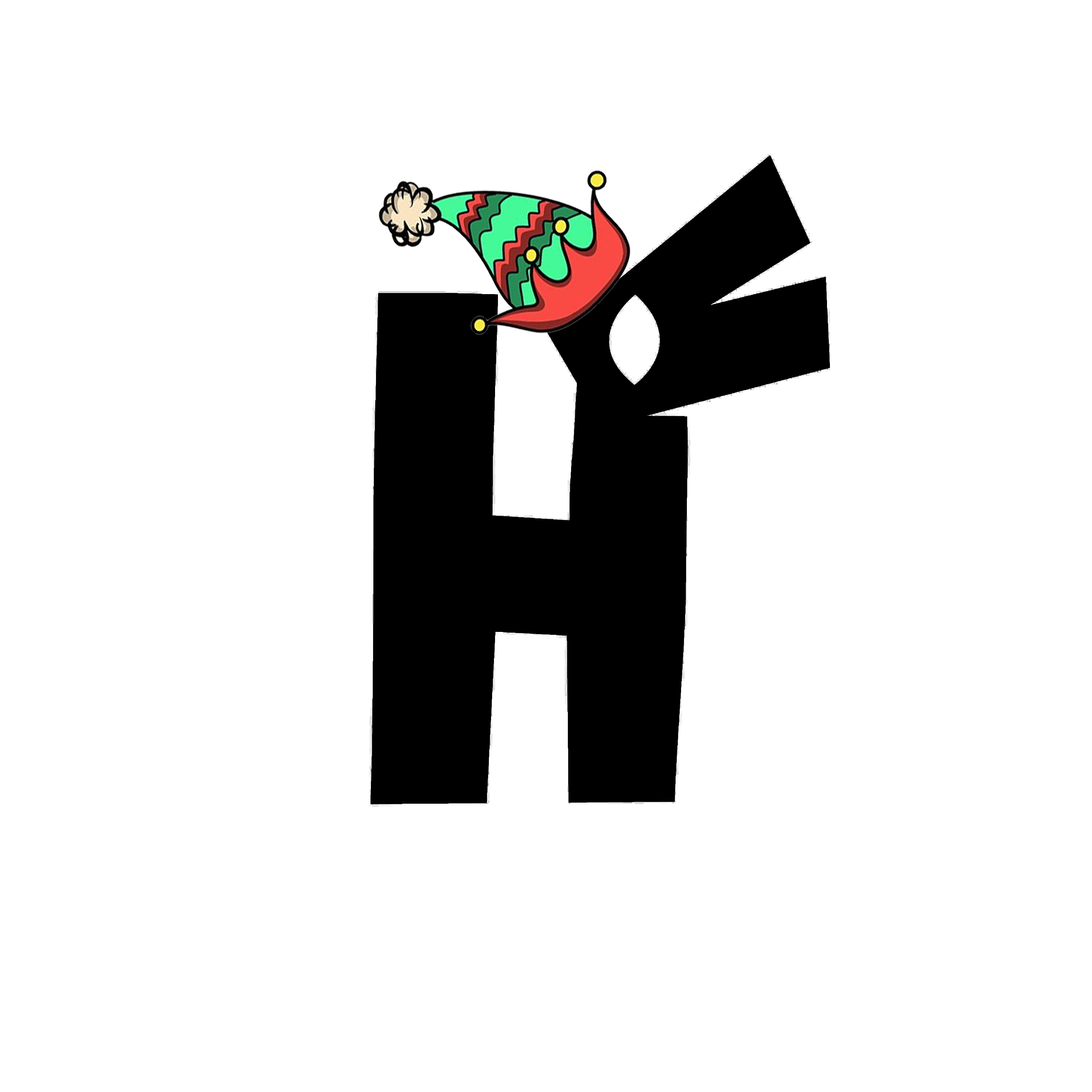It is an exciting time when you decide to introduce a four-legged friend into the family for all concerned. However, it’s a decision that should never be taken lightly. There are things you need to get ready, areas of the home to set up so the newcomer is happy and safe. There’s also a tremendous amount of research you need to do which involves getting to grips with your puppies behaviour, both the fun and the challenging ones. A behaviour most new owners find difficult to cope with is puppy whining.
At What Age Should a Puppy Leave Their Mum?
The golden rule is that puppies must stay with their mums for the first eight to ten weeks of their lives. This is the absolute minimum. If a breeder or private seller attempts to sell you a puppy that’s any younger than the bare minimum, stay well away from them. A puppy’s formative years are all important because their siblings and mother will teach them vital behaviours they need for the rest of their lives.
However, it is always a traumatic time for puppies when they are taken away from their mums and siblings. This means a little puppy whining and crying is to be expected a while. It’s a behaviour that you have to expect and deal with in the kindest way possible. Your new puppy will not be used to be left on their own and will cry when they need or want something. They will do so instinctively because puppy whining when left alone is natural to begin with.
Ignore Puppy Whining and Reward the Quiet Times
It can be hard not to go over to a puppy when they whine. However, you should ignore them but always reward your puppy when they are quiet by giving them lots of your attention. You should never reward your puppy until they have been quiet for several seconds which helps them understand what behaviour gets a reward, and which don’t.
Crate Training & Puppy Whining
Your new puppy may not be used to being in a dog crate, so don’t expect them to be comfortable with the situation straight away. They will cry and whine to begin with which is why crate training your puppy must be done slowly always using positive reinforcement. This way your puppy will see being in a crate a safe, fun place to be. It can help reduce the puppy whining a great deal.
Time you spend with your puppy should be fun and educational at the same time
Short Burst of Fun Play, Exercise & Basic Training
A young puppy must be given short intervals of play and exercise which should include very basic training too. Time you spend with your puppy should be fun and educational at the same time. It can help reduce puppy whining because they are tired, they will be more willing to stay quiet and have a nap.
Potty Training
Puppies need to go to the toilet and they need to do so a lot. They can’t go for very long without going to the toilet. By setting up a routine you effectively start on the right path to potty training your new pet, and it could reduce the puppy whining and crying you have to cope with.
Positive Reinforcement & Patience Pays Dividends
Puppy whining and crying are behaviours that come instinctively to your new pet. It’s their response to wanting something or needing something. This behaviour must never be met with any sort of punishment because it will just make matters worse, and your puppy will lack the confidence they need. You have to educate your puppy by rewarding them when they are quiet so they learn what they can and cannot do. It may take a little time but your puppy will get the message because patience pays dividends in the end when dealing with your puppy whining.

